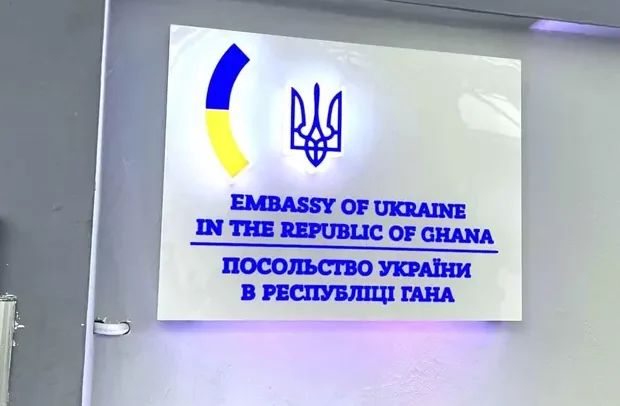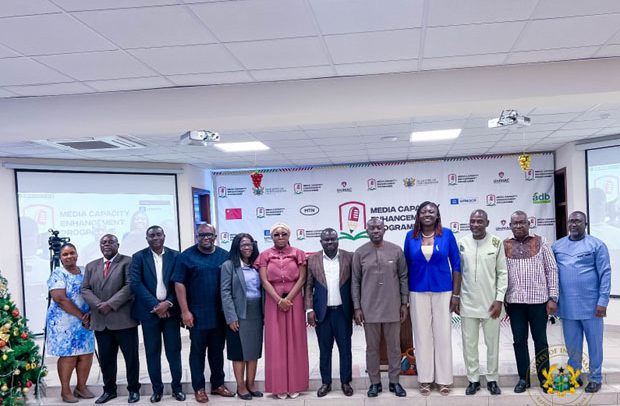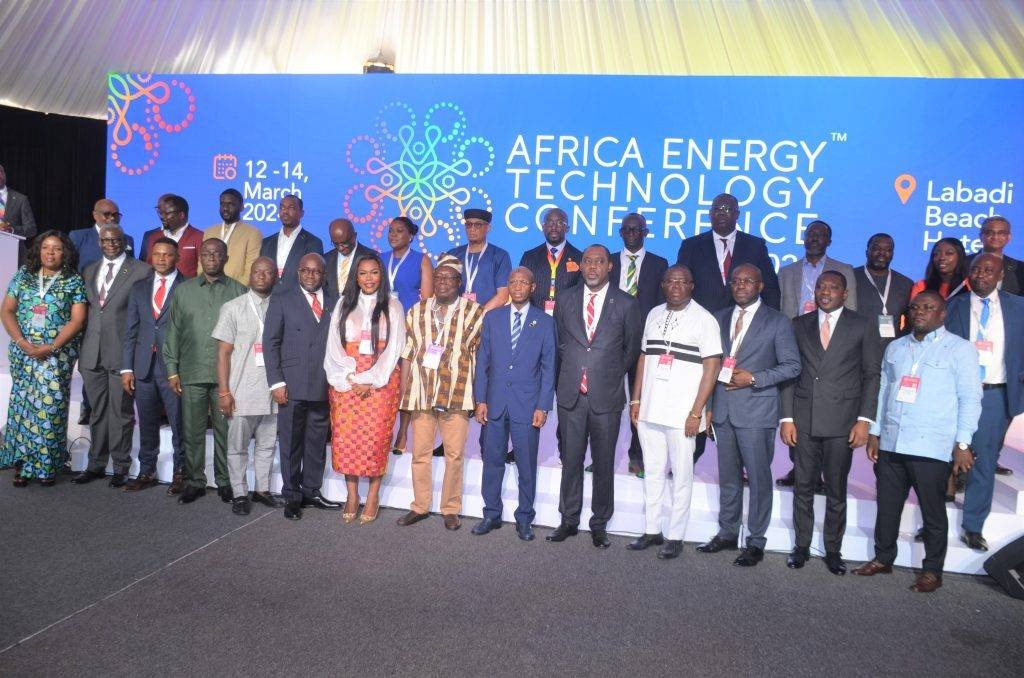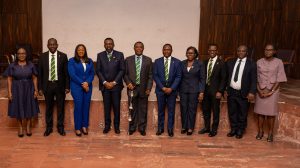
A Regional Course on Balance of Payments (BoPs) Statistics (External Sector), yesterday, began in Accra.
The 5-day training course, the fourth in a series, aims to sensitize participants on the International Monetary Fund's (IMF's) Sixth Edition of the BoPs Manual (BPM6) as well as upgrade the knowledge and skills of participants in the compilation of payments and the systems of national accounts, and the linkages between BoPs and other sectoral accounts.
The course has been designed to cover key topics such as Conceptual Framework and Core Accounting Principles; Financial Instruments and Functional Categories in BPM6, Goods Account, Service Account; and Primary Income Account.
The others topics are Secondary Income and Capital Accounts; Portfolio and Other Investment; Reserve Assets; and Balance of Payments Harmonization in the Economic Community of West African States (ECOWAS).
It is being organized by the West African Institute for Financial and Economic Management (WAIFEM) in collaboration with the Statistical Department of the IMF and with support from the West African Monetary Agency (WAMA), and the African Capacity Building Foundation (ACBF).
In attendance are Aboubacar Sampll Soumah of the Central Bank of Guinea; Ahmad Ahmad of the Central Bank of Nigeria; Rajie Rapid Adnan of the Central Bank of Liberia and team; and Fernanda Maria Augusto of the Central Bank of Mozambique and her team.
The others are Foday Ibrahim Kabba of Sierra Leone's Ministry of Finance and Economic Development and his team; Abdoupaye M. Ndong, Minister of Finance-Senegal; and John Abebrese Boateng of the Finance Department of Ghana's Parliament; and representatives from the Bank of Ghana.
In a key note address to declare the course officially opened, Mrs. Grace Akrofi, Director, Statistics Department, Bank of Ghana (BoG), underscored the importance of BoP Statistics as a tool that informed policy-makers and markets for their decisions in globalised economies.
Mrs Akrofi explained that BoP recorded the value of a country's transactions with the rest of the world in goods, services, income and transfers, as well as the changes in a country's financial claims on liabilities to the rest of the world.
BoP statistics on the external sector, she said, was, therefore, key to policy makers, as well as analysts in the public sector and, indeed, the private sector, including international organizations.
She noted that the Central Bank of West African States (BCEAO) and the Central Bank of the Republic of Guinea (BCRG) had completed their migration towards the 6th edition of the IMF Manual on BoP and International Investment Position (IIP), and were currently preparing their BoP in line with the requirements of the new manual.
Mrs Akrofi disclosed that the Central Banks of Ghana and Nigeria were at an advanced stage of the migration process, adapting their date collection methodologies to the new Guide as well as broadening the scope of collection.
She, therefore, urged other Central Banks in the sub-region to double their efforts towards the completion of the migration as well as the implementation of the ECOWAS Monetary Co-operation Programme (EMCP) and the ECOWAS Single Currency Roadmap.
She expressed appreciation to the team from the Statistical Department of IMF, WAMA and ACBF for supporting WAIFEM's efforts at building capacity for improved macroeconomic management in the constituent member countries.
In an address delivered on his behalf, the Director General of WAIFEM, Prof. Akpan Ekpo, disclosed that in accordance with its mandate, WAIFEM, since its inception, and at the end of April 2017, had successfully executed five hundred and ninety-one (591) courses, workshops and seminars which benefitted sixteen thousand, one hundred and twenty (16,120) participants from the West African sub-region and beyond.
In her remarks, Ms Tamara Razin, Senior Economist, Balance of Payment Division, IMF, pledged the continued support of the IMF for the capacity-building efforts of WAIFEM.
In a speech delivered on his behalf, Mr Momodou Saho, Director-General, West Africa Monetary Agency (WAMA), disclosed that following the adoption of the Regional Methodological Guide--an important document in the harmonization process of balance of payment statistics in ECOWAS--which focused on domestic peculiarities by the governing bodies of WAMA, efforts were currently aimed at fast-tracking the migration process to BPM6.
Mr Saho indicated that WAMA embarked on a project intended to compile ECOWAS regional external accounts and that the project was on the verge of being finalized, with a view to sourcing funding from certain donors, given the capital intensive nature of the project.
He pledged WAMA's determination to deepen its collaboration with WAIFEM, ACBF and the IMF on other key components of the ECOWAS Single Currency Roadmap, such as monetary policy frameworks, banking supervision, capital account liberalization, migration to IFRS and the harmonization of exchange rate regimes, including the adoption of an exchange rate mechanism.
Source: ISD (G.D. Zaney & Evnas Danso)
Read Full Story




















Facebook
Twitter
Pinterest
Instagram
Google+
YouTube
LinkedIn
RSS